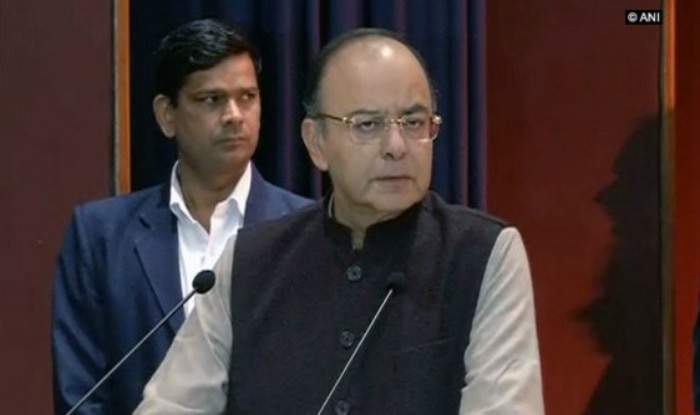7th Pay Commission: Hike in allowances for Central Government employees likely by mid-March, after five-state elections conclude
Reports claim that the allowances would be hiked without arrears.

New Delhi, Jan 5: The hike in allowances for Central Government employees, as per the revised recommendations of 7th Pay Commission, is expected to be delayed till mid-March. The decision to hike allowance is likely to be deferred at least March 8, due to the model code of conduct imposed by Election Commission of India. The much-awaited bonanza for Central Government employees would be implemented after the elections conclude in Punjab, Goa, Manipur, Uttarakhand and Uttar Pradesh. The five state polls begin on February 4. The results would be declared on March 11.
A sources within the Finance Ministry linked to Sen Times, has confirmed that allowances would be increased only after the conclusion of the assembly elections. The sources have further added that there are no plans to give arrears along with allowances to Central Government employees.
While hiking the salaries of Central Government employees in July, arrears were also provided to Central Government employees of six months. The date of implementation of 7th Pay Commission was fixed as January 1, 2016.
The 7th Pay Commission report submitted by Justice (retd) AK Mathur had suggested a total hike, inclusive of salary and allowance, of 23.5 per cent. The basic pay was increased by 14.27 per cent. Since the Central Government employee unions raised anomalies, the government decided to implement the hike only in basic pay, whereas, the increase in allowances was upheld.
A ‘Committee on Allowances’ was formed under Finance Secretary Ashok Lavasa to review the hike in allowances. As per the 7th pay panel report, the allowances were increased by 63 per cent, whereas, the pensions were hiked by 24 per cent. However, the AK Mathur-led Commission’s report has subsumed 37, and abolished 51 of the total 196 allowances.
The National Council (Staff Side) has been striving for early implementation of revised allowance hike since July. NJCA convenor Shiv Gopal Mishra, in his statement, said that he is personally aggrieved and pained by the lack of response shown by government so far to the anomalies raised by Unions.
Important to note is that the Committee on Allowances had prepared its report in October. However, the Finance Ministry had gave the Committee an additional period of nearly four months to reconsider the demands of employee unions.
National Confederation of Central Government Employees and Workers has planned a massive strike across the nation on February 15. They have presented a 21-point-charter of demands before the government.
Published Date: January 5, 2017 5:25 PM IST







 →
→












0 comments:
Post a Comment